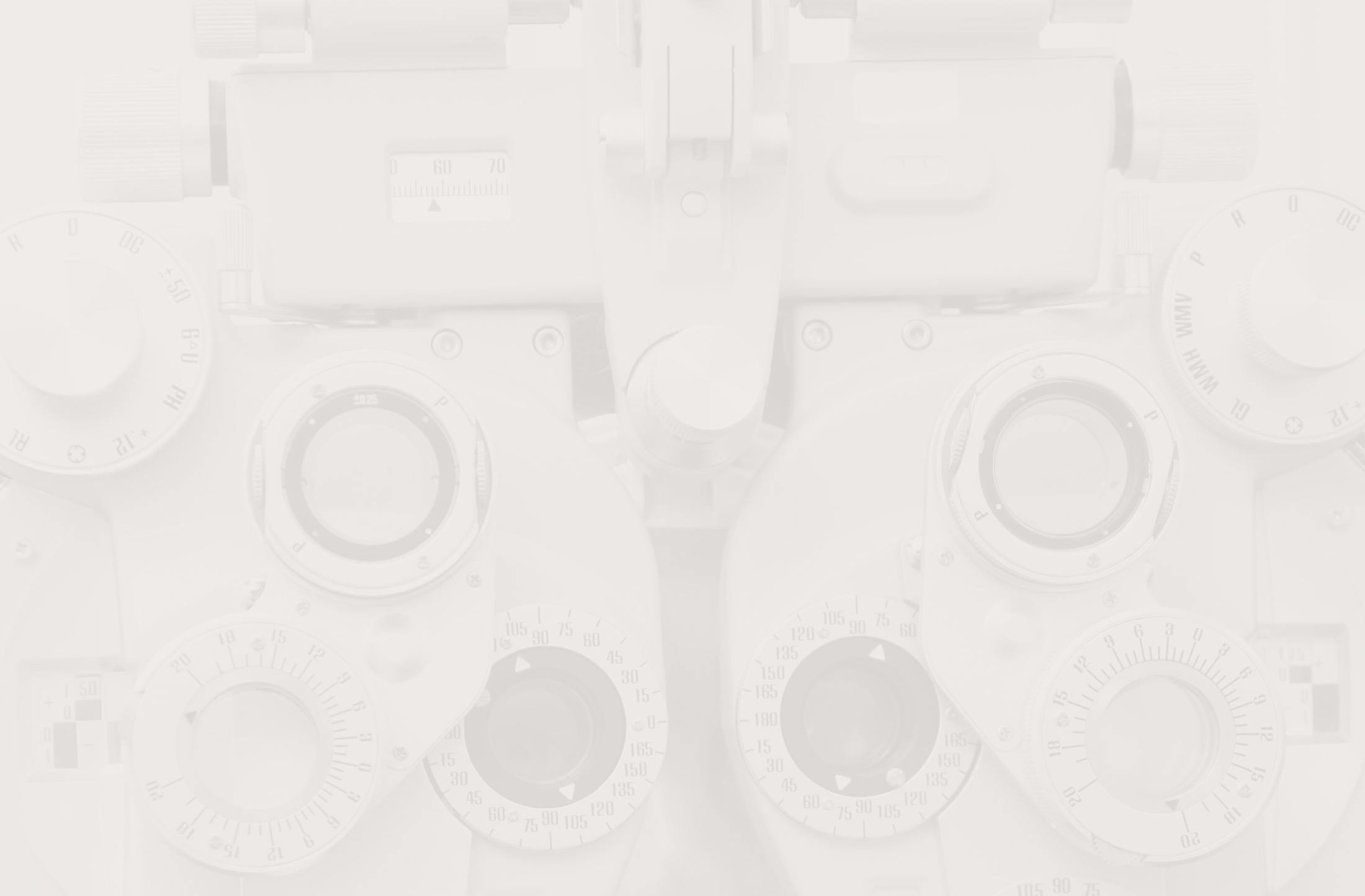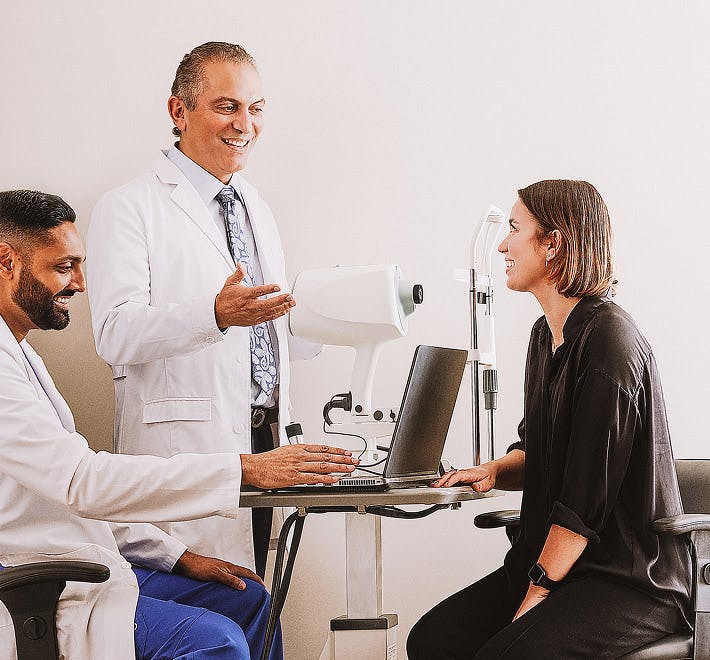Protect your vision for a lifetime of clear, confident living.
The Importance of Good Eye Health
Our eyes connect us to the world, allowing us to read, work, and enjoy life's everyday moments. Maintaining good eye health is about more than preventing discomfort or avoiding inconvenience—it directly impacts your independence, mobility, and overall quality of life. When issues like blurry vision, light sensitivity, or fluctuating sight arise, they often signal underlying conditions that could progress if left untreated. Early detection is key: Routine exams can help uncover potential problems well before they escalate, ensuring that you receive timely, effective interventions.
Additionally, certain health issues such as diabetes, autoimmune disorders, and high blood pressure can manifest in the eyes, making regular checkups critical to spotting systemic conditions early. By investing in preventive care—like wearing protective eyewear, maintaining a balanced diet, and taking breaks from digital screens—you can protect your eyes from avoidable strain or damage. Good eye health also fosters confidence; knowing you've taken measures to guard your sight can empower you to remain active, engaged, and in control of your lifestyle, at every stage of life.

















